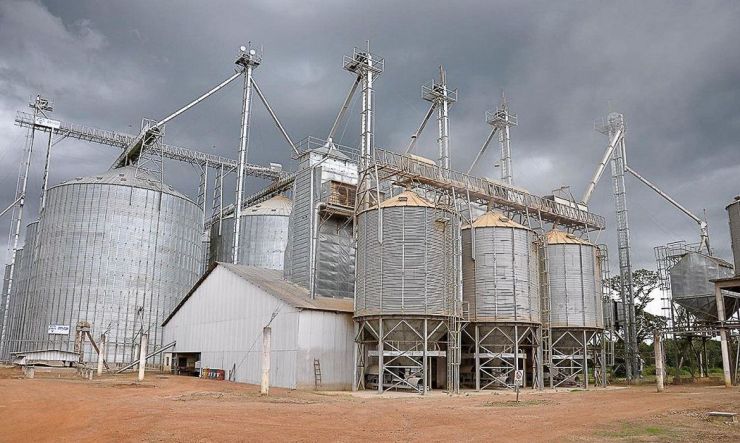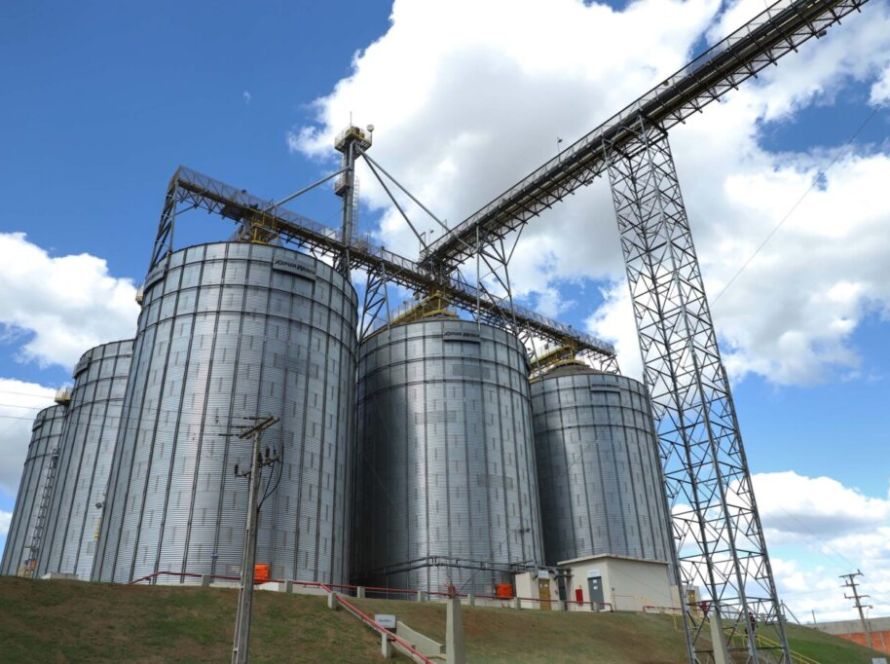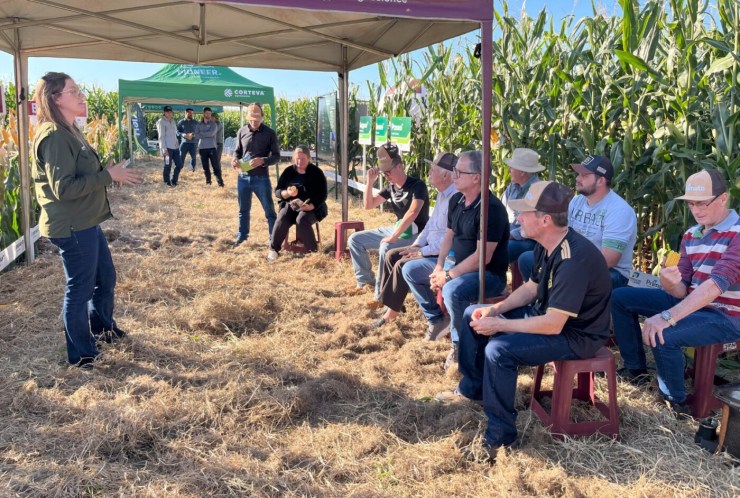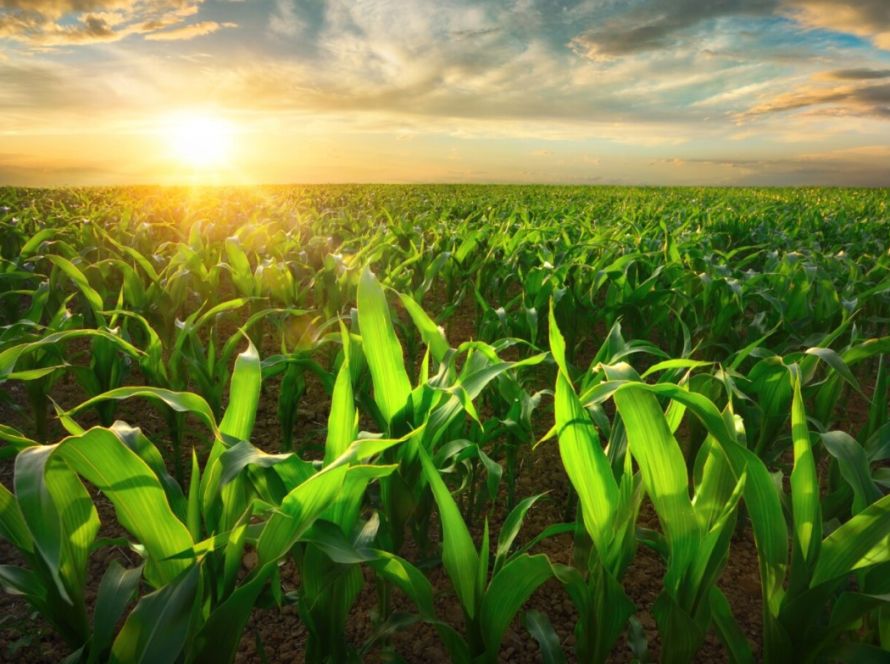The federal government announced this week the 2025/26 Harvest Plan. It comprises R$516.2 billion for corporate agriculture, earmarked for medium and large producers, a volume 1.5% higher than the R$508.6 billion released in the last cycle, and R$89 billion for family farming.

Photo: Marcelo Casal Jr/Agência Brasil
In terms of resource availability, funding was prioritized with R$414.7 billion being offered (in the previous year it had been R$401.3 billion). Investment was cut, with the amount falling from R$107.3 billion to R$101.5 billion.
During a period of high Selic rates, which are at 15%, the interest rates offered to farmers will rise by up to 2 percentage points. Medium-sized producers will have their costs set at 10%, while the others will have a rate of 14%. Investments will vary between 8.5% and 13.5%.
The Secretary of State for Agriculture and Supply, Marcio Nunes, highlighted that, in light of this scenario, Paraná has taken the lead in providing good credit to the state's farmers. In 2020, for example, the Banco do Agricultor Paranaense was launched. The government provides financial subsidies to rural producers, cooperatives and producer associations with a view to strengthening the state's production chains.
Interest subsidies range from 5% to 100% depending on the producer category and the purpose of the investment operation. “The benefits offered by Banco do Agricultor Paranaense aim to help in decision-making for investments that add value to products and more profit to producers”, reinforced Marcio Nunes.

Photos: Gilson Abreu/AEN-PR
Since its creation, the Paraná Farmers Bank has already enabled investments of over R$1.092 billion in 8,404 projects. The State has equalized around R$311.2 million.
Nunes also highlighted that Paraná also created, in April of this year, the Paraná Agricultural Investment Fund (FIDC Agro Paraná), the first instrument of its kind in Brazil. The objective is to raise up to R$1.5 billion to finance structural projects in the field.
The proposal is to boost agribusiness with direct support for cooperatives, technological modernization and income strengthening in producing regions. The Fund has already received its first contribution, in the amount of R$15T 261 million. The operation was formalized by Fomento Paraná, the state institution responsible for structuring the fund, in partnership with the cooperative C.Vale and Sicredi.
The interest rates offered are equivalent to those of the Safra Plan and the payment terms extend up to ten years, enabling small and medium-sized producers to invest in technology, infrastructure and income generation. The resources from the first operation are intended for the construction of 96 aviaries, fish farming tanks and breeding pens for the raising of breeding birds.
Family farming
In Paraná, family farming represents around 80% of the 371,051 agricultural establishments,

Photo: Disclosure/OPR Archive
collected in the 2017 Agricultural Census by the IBGE. According to the federal government's announcement, the National Program for Strengthening Family Farming (Pronaf) will receive R$15T 78.2 billion. If other programs are added, such as crop guarantee, technical assistance, Proagro Mais, public purchases and SocioBio Mais, the amount reaches R$15T 89 billion.
It will have interest rates between 0.5% and 8% per year. Some lines, however, maintained the rates of the previous cycle, such as the one for the production of basic food baskets, which remained at 3%. The federal government is also betting on offering R$$ 6.5 billion in equalized lines for farmers who produce rice, beans, cassava, milk, eggs, wheat and tomatoes.
A financing range was created for producers of corn, coffee, grapes and winter fruits, with interest of 6.5% per year. The offer is R$ 4.9 billion in equalization lines. Organic, agroecological and sociobiodiversity product production will continue with 2% per year for Pronaf and availability of R$ 150 million. All financing lines have a ceiling of R$ 250 thousand per beneficiary.

Photo: Disclosure/OPR Archive
When it comes to investment in the purchase of small machinery, the interest rate remains at 2.5%. However, the limit has been increased from R$ 50 thousand to R$ 100 thousand, intended for families with an annual income of up to R$ 150 thousand. The government has allocated R$ 500 million to this line. Harvesters, tractors and implements worth up to R$ 250 thousand may be purchased with interest of 5% per year.
Corporate agriculture
As in the previous year, the government decided to incorporate R$185 billion in Agribusiness Credit Letters (LCA) resources into the Harvest Plan for the issuance of Rural Product Notes (CPR). This modality was created in 1994 and became part of the Harvest Plan starting in the 2024/25 cycle.
Within corporate agriculture, aimed at medium and large producers, the total credit resources in the 2025/26 cycle is R$516.2 billion. R$414.7 billion is expected for crop costs, while investments amount to R$101.5 billion.
Regarding beneficiaries, producers included in the National Support Program for Medium-Sized Rural Producers (Pronamp) are expected to receive R$69.1 billion, with an interest rate of R$101.4 billion. The income limit for eligibility was increased from R$3 million to R$3.5 million per year. Other producers and cooperatives are expected to receive R$447 billion.
The government decided to unify Moderagro, considered fundamental by Paraná agricultural entities, as it supports

Photo: Disclosure/IDR-Paraná
and promote the production, processing, industrialization and storage of rural products, and Inovagro, which aims to encourage technological innovation.
With the unification, access to credit is expected to be simplified. This way, there was an increase in the limit available for investments in farms, allowing these structures to always remain up to date with regard to animal health. The volume of resources is R$$ 6.8 billion, with an interest rate of 12.5% per year. The tractor fleet modernization program will have R$$ 9.5 billion and an interest rate of 13.5%.
The Warehouse Construction and Expansion Program (PCA) was also expanded. The capacity limit per project increased from 6,000 to 12,000 tons. R$3.7 billion is earmarked for this modality, with interest of R$8.51 billion. The RenovAgro Ambiental subprogram now includes fire prevention and fighting actions, in addition to the recovery of protected areas.
Zarc
Starting this year, rural credit for agricultural financing will require compliance with the recommendations of the Agricultural Zoning of Climatic Risk (Zarc). Previously restricted to operations of up to R$$ 200 thousand contracted by family farmers of Pronaf with mandatory classification in Proagro, the requirement now extends to financing above this amount and to contracts in which Proagro is not required.

Photo: Marcelo Casal Jr/Agência Brasil
The objective is to avoid releasing credit outside the indicated periods or in areas with restrictions, contributing to greater safety and sustainability in production. The exception occurs only in cases where there is no zoning available for the municipality or for the financed crop.
Financing will also be permitted for inputs and cultural treatments aimed at cultivating cover crops and soil protection during the off-season.
Access to the Coffee Economy Defense Fund (Funcafé) will also be facilitated. Beneficiaries of Pronaf and Pronamp will be able to access the fund even if they have active contracts under the Harvest Plan, increasing credit options and strengthening investment and production capacity in the coffee sector.





